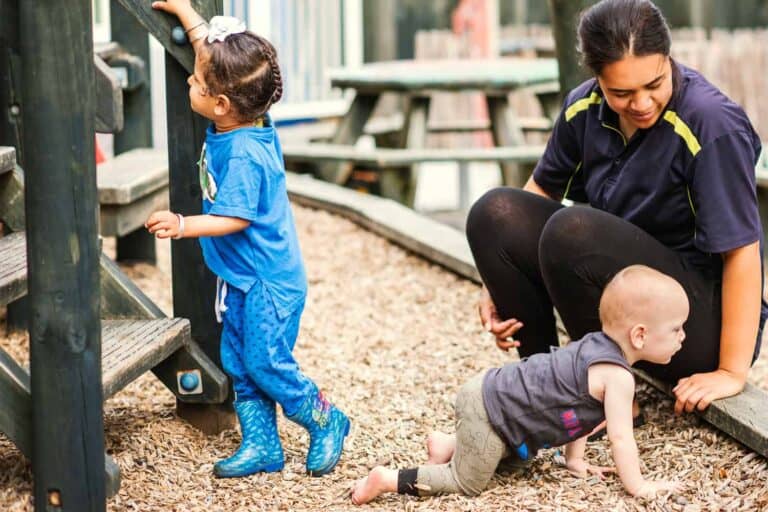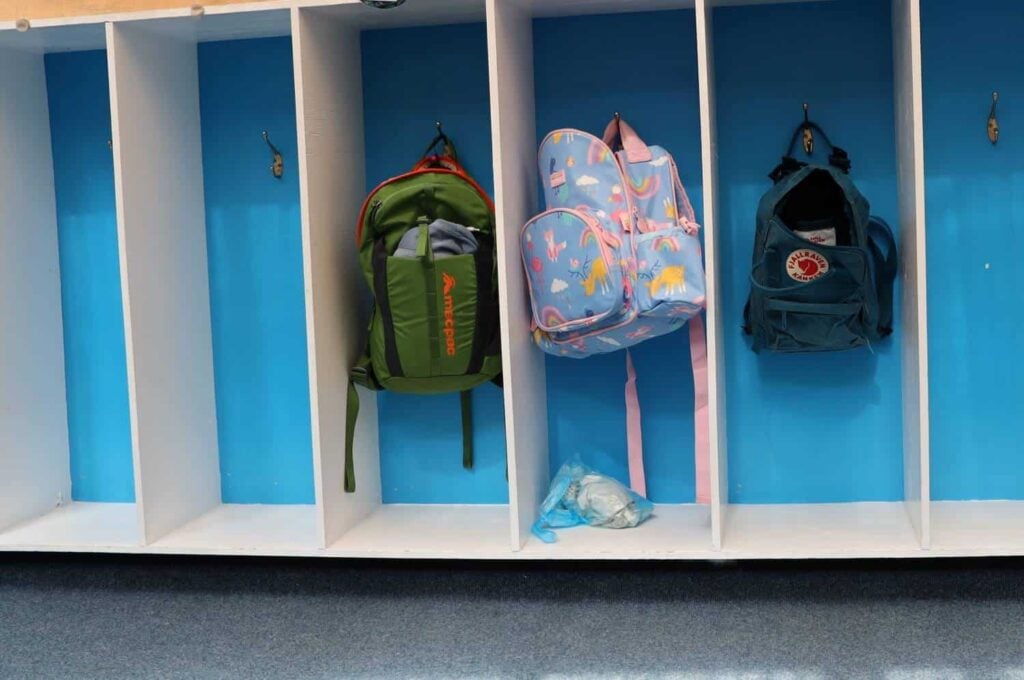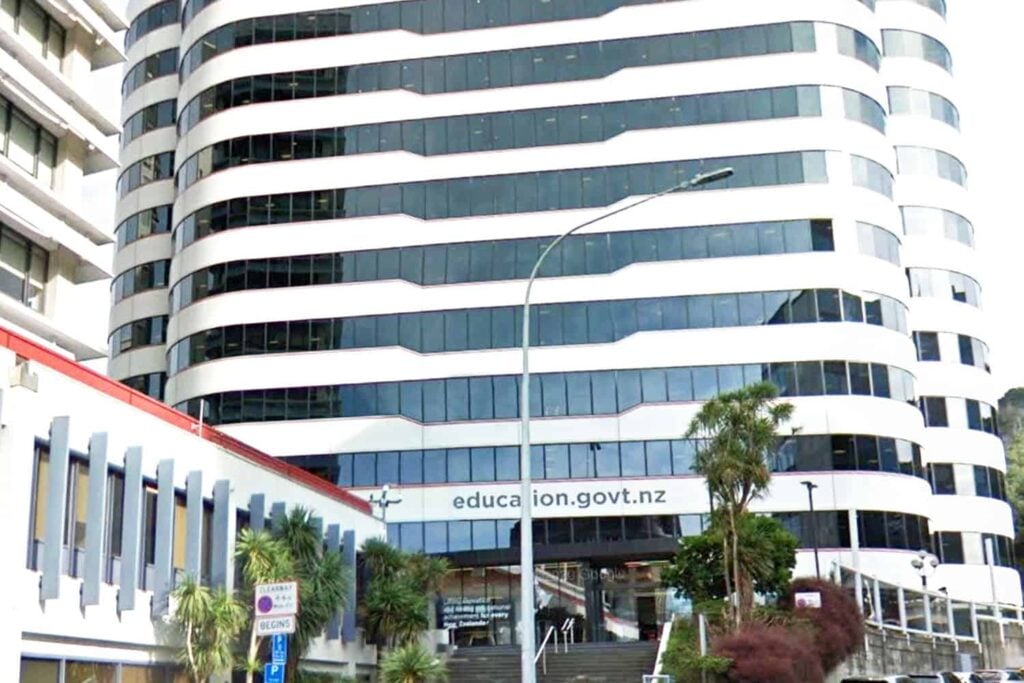Tēnā koutou katoa
Welcome to the Office of Early Childhood Education
The OECE is a national organisation for the ECE sector and public adviser, championing high-quality education and care for every child
View our positions
- Provides membership support to ECE services, teachers, researchers, and community partners
- Actively contributes to sector analysis, research, and policy development
- Advances evidence-based best practices that prioritise children’s interests and wellbeing
View the Code of Conduct for ECE Services
Get Unrestricted Access to NZ’s Specialist ECE NEWSROOM
National and local stories, expert analysis, commentary, and more.
Education Bulletin and Sector Notices
Free to sign-up and receive
Membership Services and Support for:
Teacher Member Posts
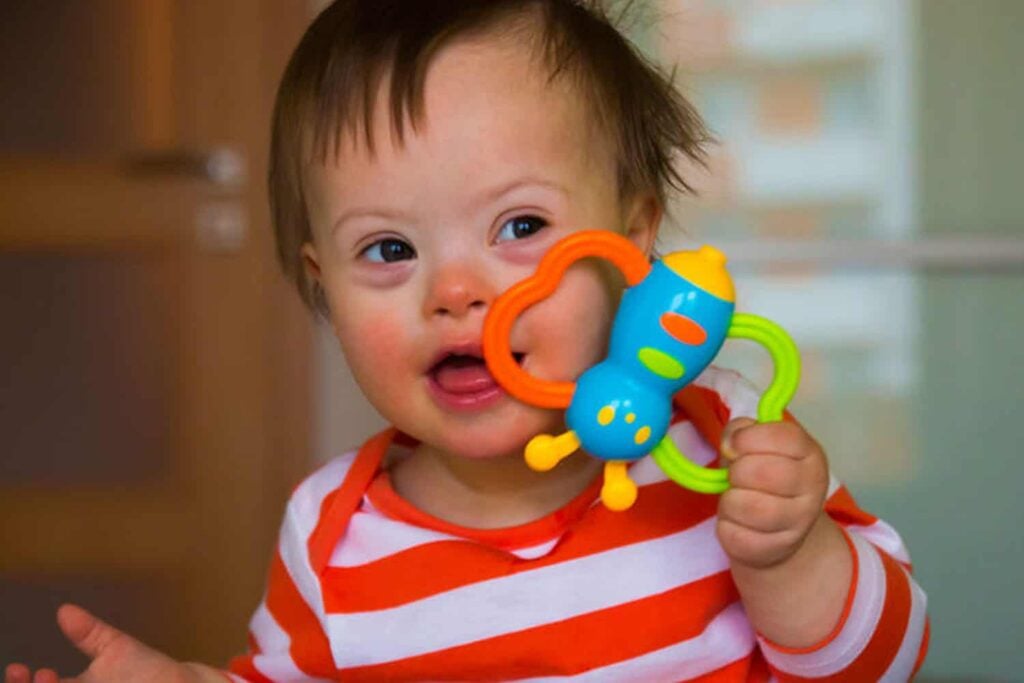
Supporting Children with Additional Needs
As every child is unique in an early childhood setting, there will be children with additional needs.
These could be physical differences, such as children with cerebral palsy or who are vision or hearing impaired; or it could be less visible conditions such as autism spectrum disorders or behavioural difficulties.
Regardless of the type of
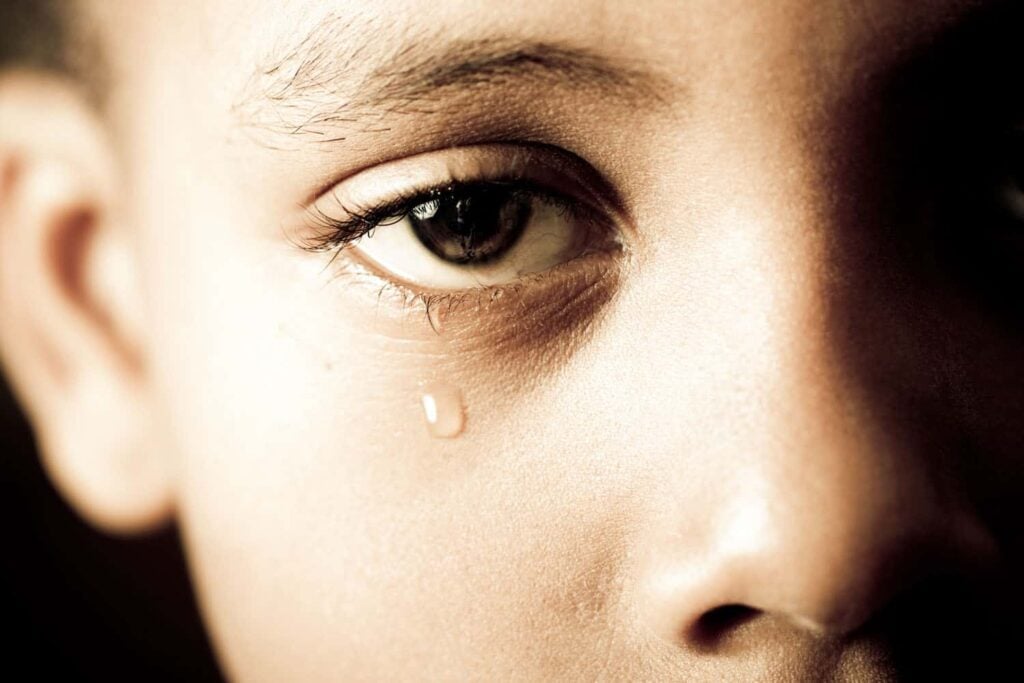
Death of a Child, Parent or Other Adult
In the event of the death of a child or person known at your service, the impact will be extensive on children, yourself, members of your team and your community.
You should be open and honest with your service leader and discuss the option of seeking professional help and support for yourself, in order to be able to adequately support children

Head Lice and Nits
Children get head lice. It’s one of those things that is a case of when and not if.
It pays to know
how to tell if a child has head lice and how to spot eggs how to carry out effective and safe treatment for very young children, andhow to talk with children’s parents and other families who may have come in contact or been infected

Learning Languages in ECE from a Young Age
Learning languages in early childhood education is important – whether it is connecting with parts of our own kiwi culture or embracing other languages.
With families coming to New Zealand from all over the world it is also important to recognise that English and/ or Māori may not be the main language/s in the home of some families.
Sig
Service Provider Member Posts
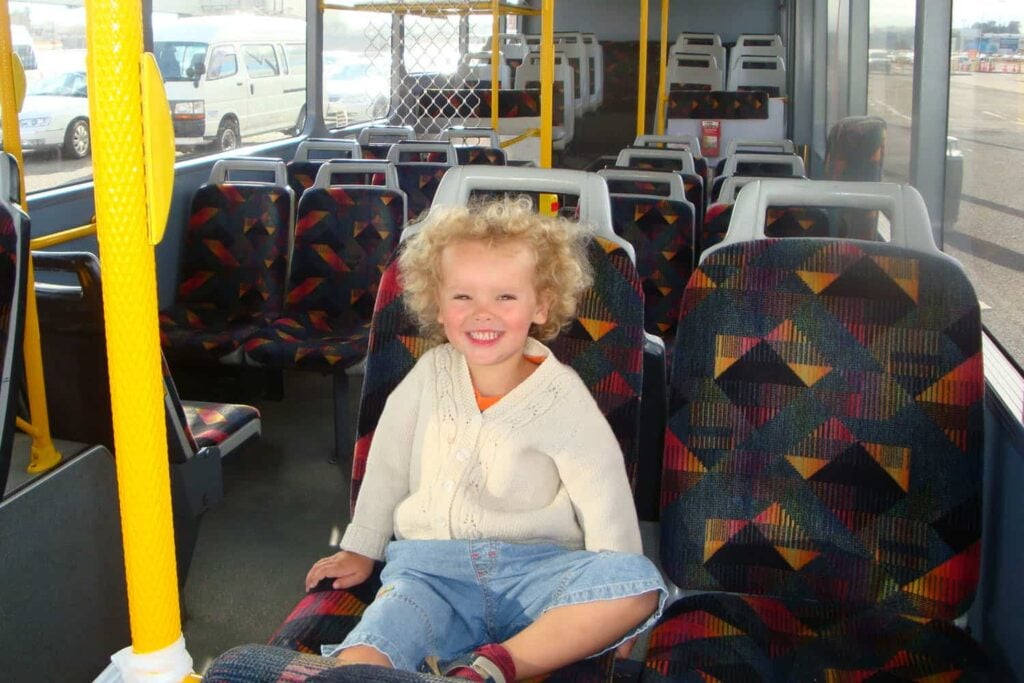
Excursions Policy and Procedures
Policy and procedures for excursions and outings.
An excursion is when children are taken outside the licensed premises as part of the learning and teaching programme while attending the service. It does not include an outing for emergency evacuations, drills, or to receive urgent medical attention (we provide a separate policy template for leaving the premises for these reasons).
RATIONALE:
In the rationale section of your written policy some things you may wish to include are:

Mentoring New People to Come onto the Committee
Mentoring new people.
Are you finding that you have to twist the arm of an unwilling parent or person to be on the board or committee?
Here are some tips so you never have to do this again.
Most organisations, early childhood services included, wait until the president or chair, secretary, treasurer and other members announce individuall

Mandatory Reporting of Teachers
Here’s information on mandatory reporting of teachers includes for not meeting the required level of competence, dismals and resignations, possible serious misconduct, and criminal convictions.
Should a confidentiality agreement be put in place as part of the settlement of an employment grievance, this may not over-ride the legal obligation to
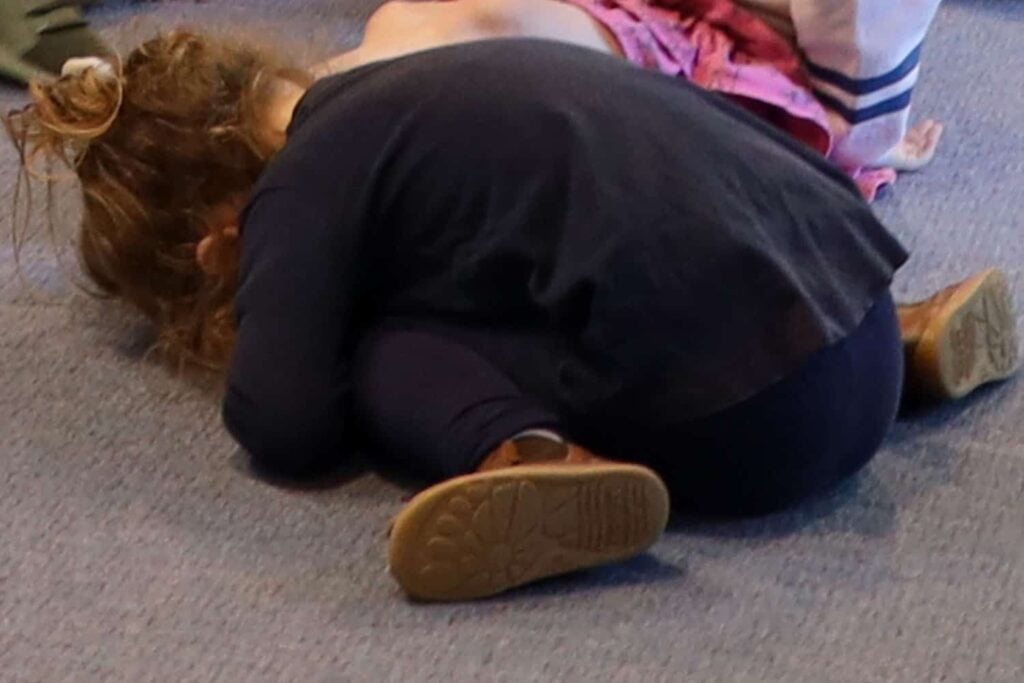
Safeguarding Children from Abuse in Childcare
Safeguarding Children from Abuse.
Does your early childhood service have a whistle-blowing policy? Having a whistle-blowing policy can help to give confidence in the safety of an early childhood setting and keep it safe for children.
Furthermore, there are some additional ways to ensure a service is a safe place from abuse for children.
Research Library – Today’s Featured Articles

Parents’ Choices of Child Care in Australia
Parents’ Choices of Child Care in Australia.
Wendy Boyd. Southern Cross University, Australia.
Full Reference: Boyd, W. (2014). Parents’ choices of child care in Australia. NZ Research in Early Childhood Education Journal. Special Issue: Early Childhood Policy, 17, 51 – 70.
Original Policy Paper
Abstract
Little is k
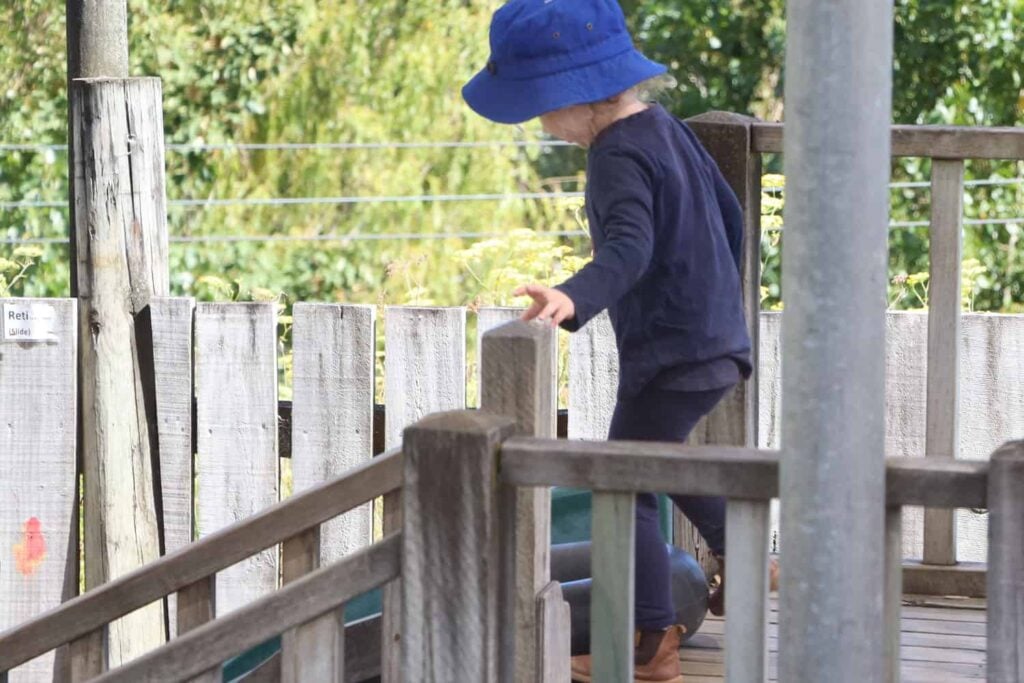
Satisfaction with Autism NZ’s early support programme, EarlySteps
Reporting on a practitioner-led evaluation of an autism specific NZ early support (formerly known as ‘early intervention) programme, the findings, and recommendations. Login to view the full article. Or you can order a pdf copy of the article, go to the main NZIRECE Journal page.

Educator Perceptions of Risk-taking, Safety and Resilience in the Outdoors: A Rural ECE Study
Research on children’s risk-taking, safety and resilience in outdoor play and teacher views and worries. Read the full paper below. Or to order a pdf copy of the article go to the main NZIRECE Journal page.

Play and the Professional Early Childhood Teacher: A Personal Reflection
Play and the Professional Early Childhood Teacher: A Personal Reflection.
Sue Stover. AUT University, New Zealand.
Full Reference: Stover, S. (2014). Play and the professional early childhood teacher: A personal reflection. NZ Research in Early Childhood Education Journal. Special Issue: Early Childhood Policy, 17, 89-100.
Ori
What We Do
Resources
